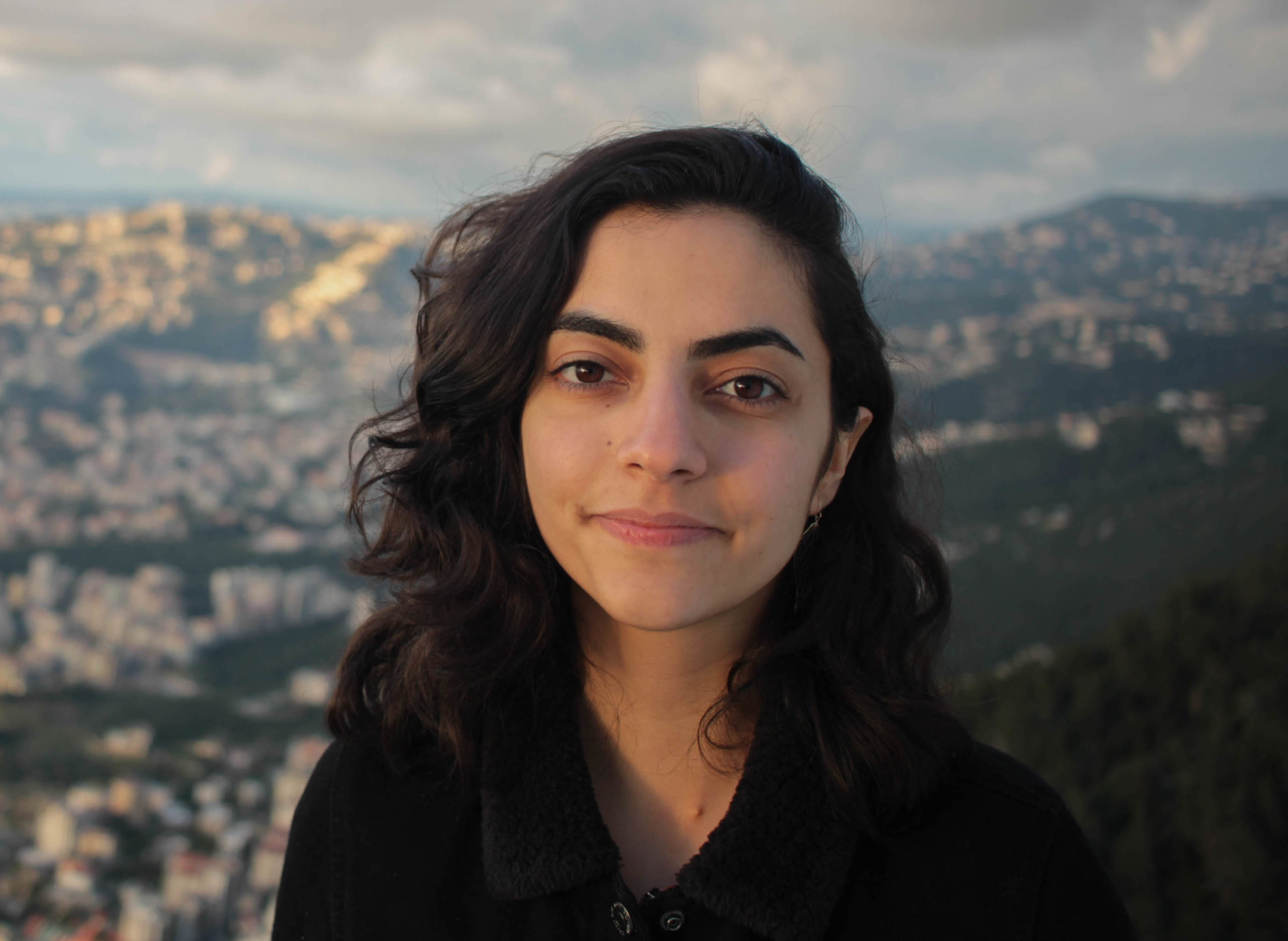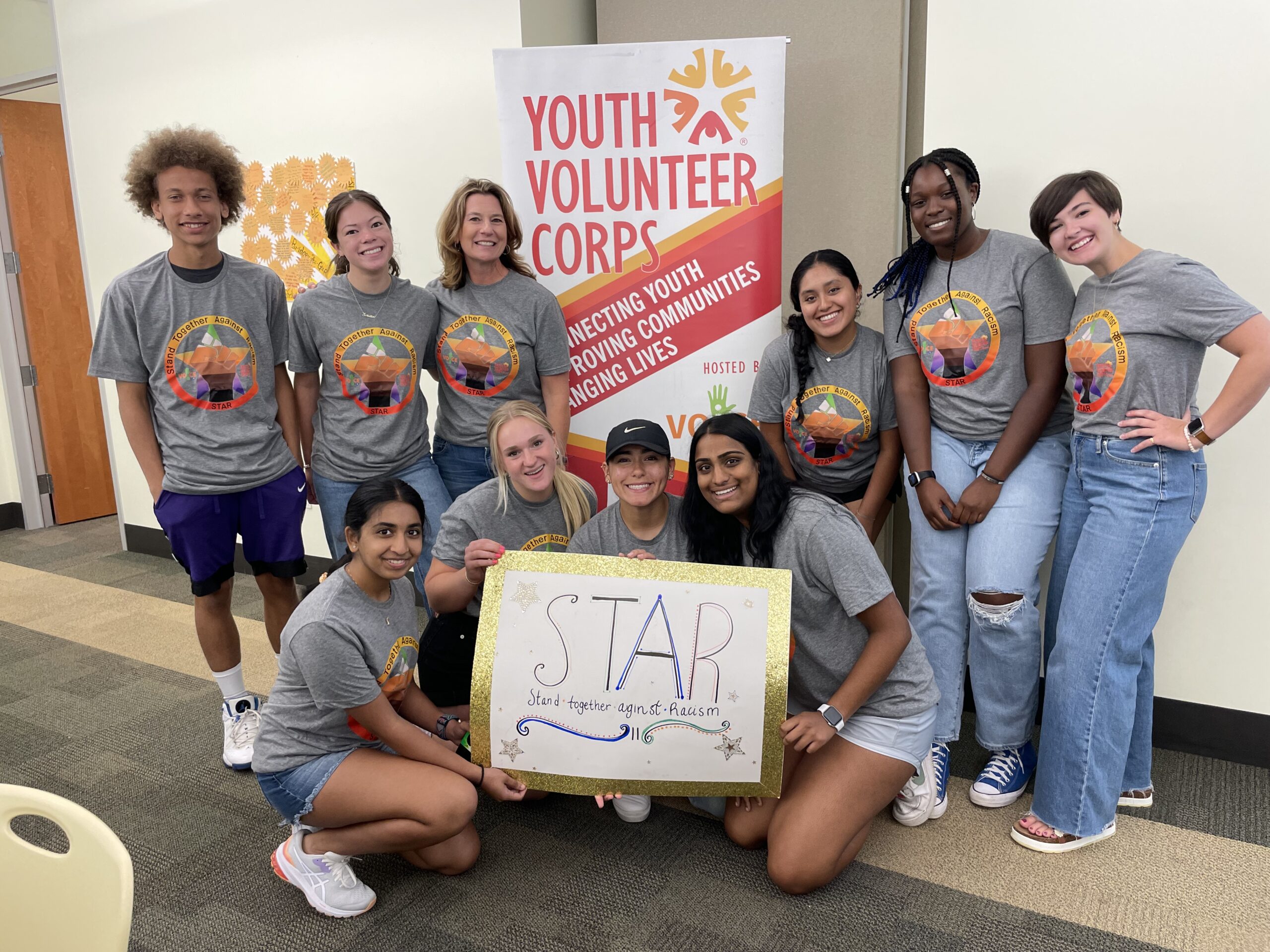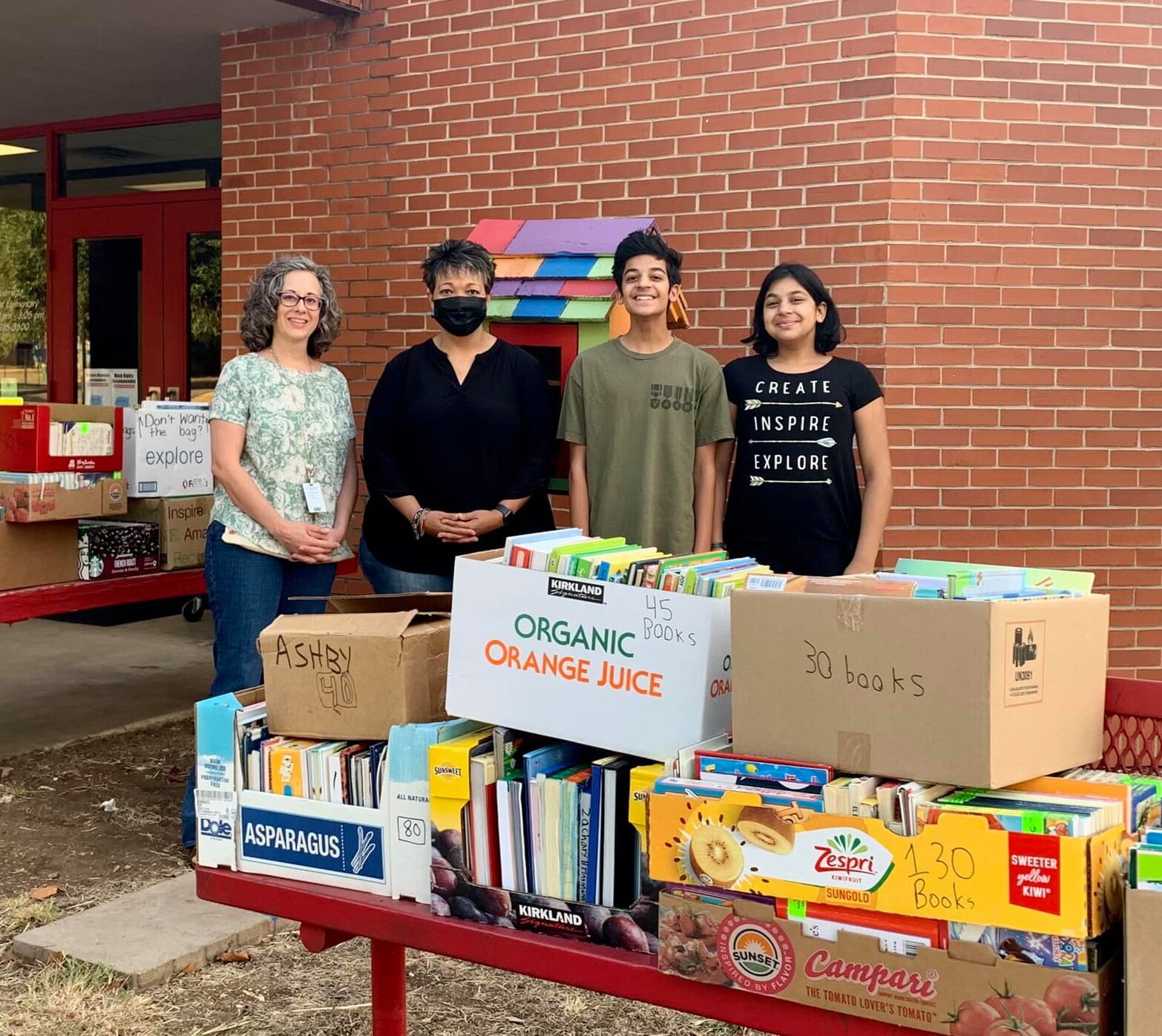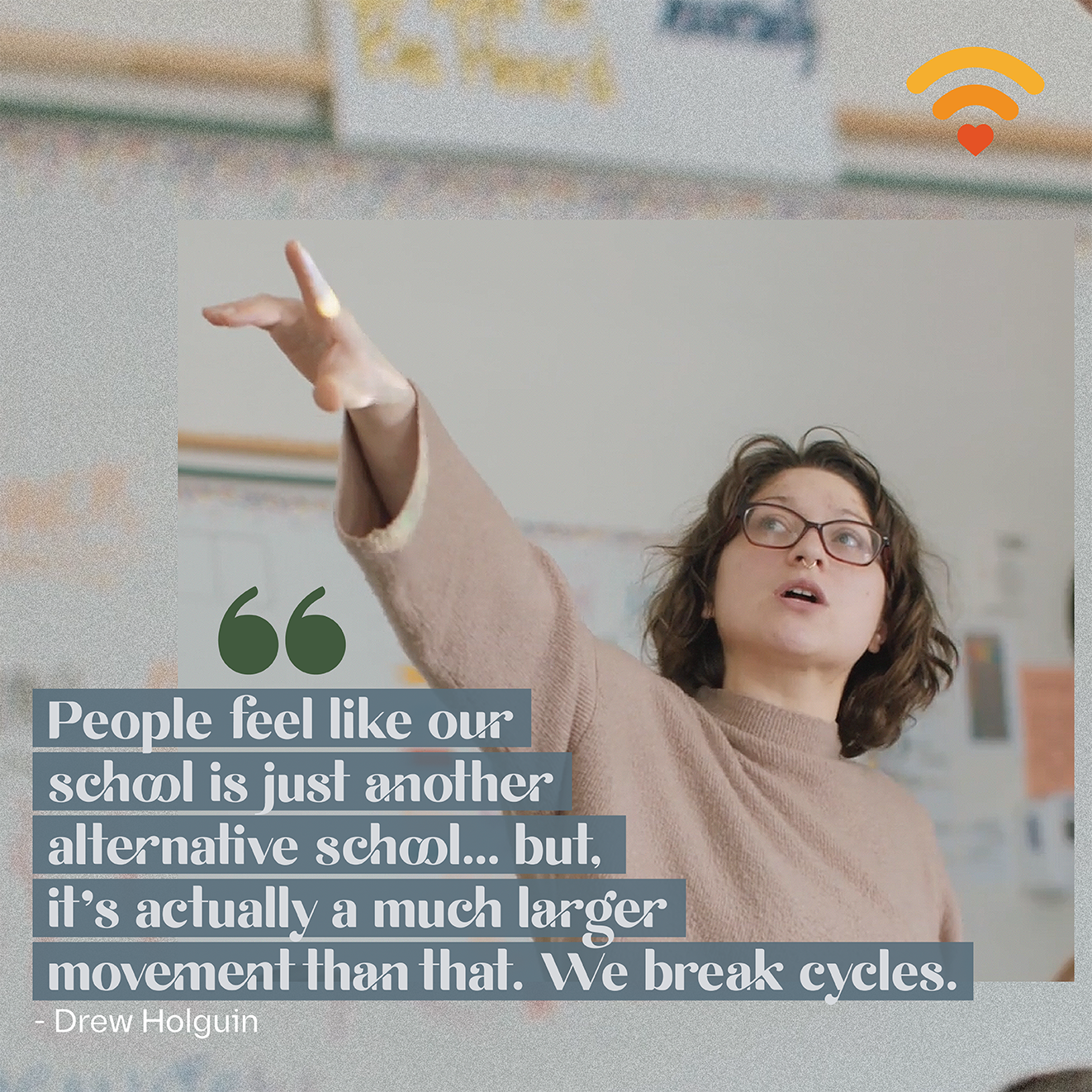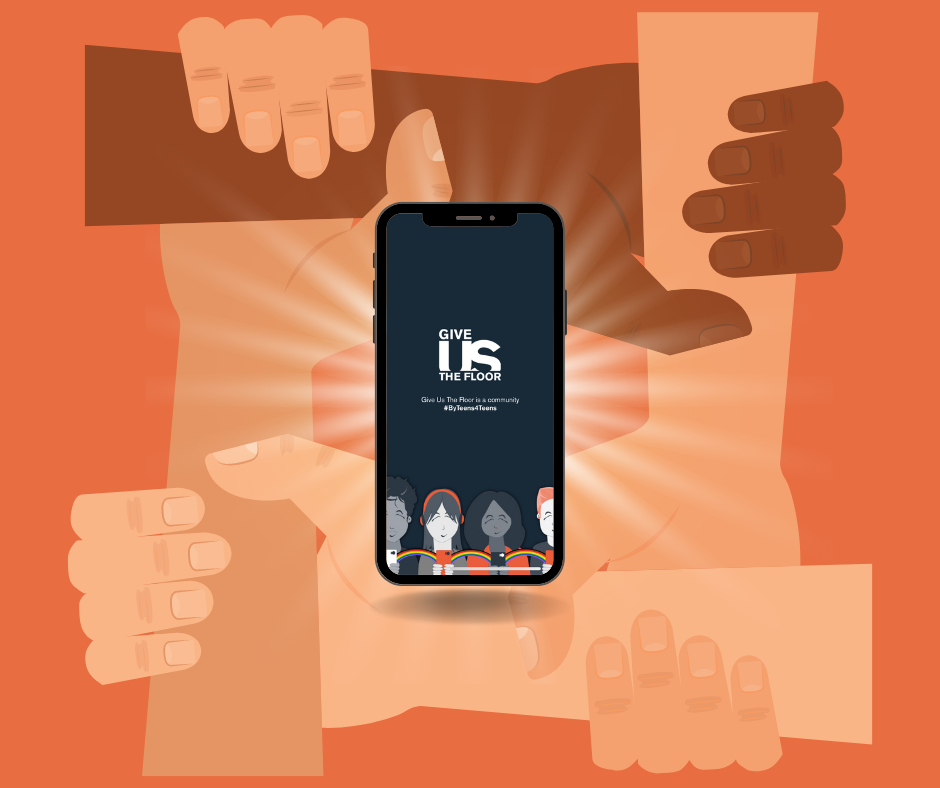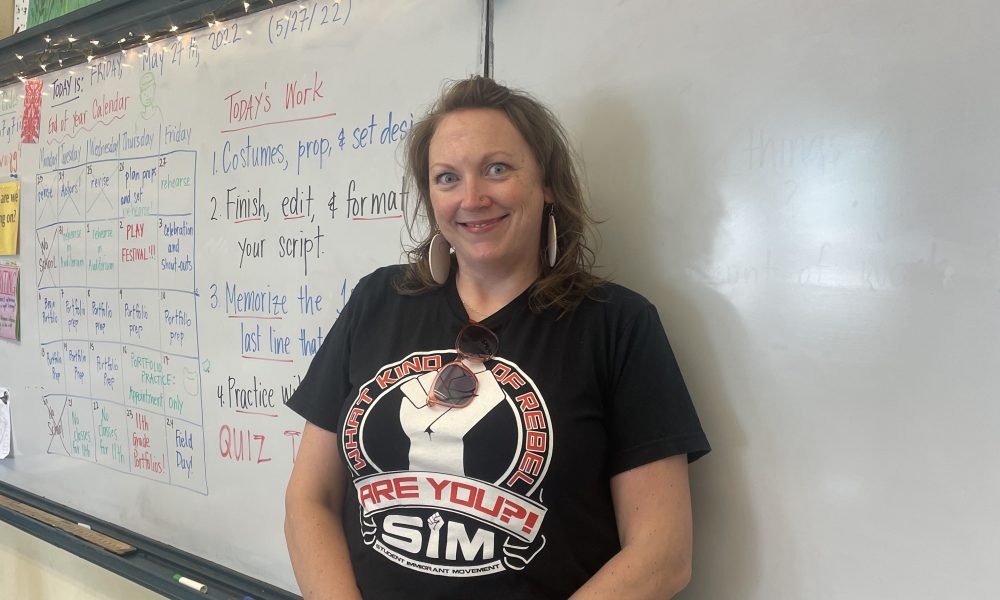I’m personally inspired by the kindness and bravery that Farah Mahmoud, a compassionate 14-year-old Iraqi environmental activist, exhibits. After reading her posts on Twitter, I was motivated to start litter-picking on the coast. In this interview, you can learn how Farah, born and raised in Malaysia, is leading climate action community-based initiatives.
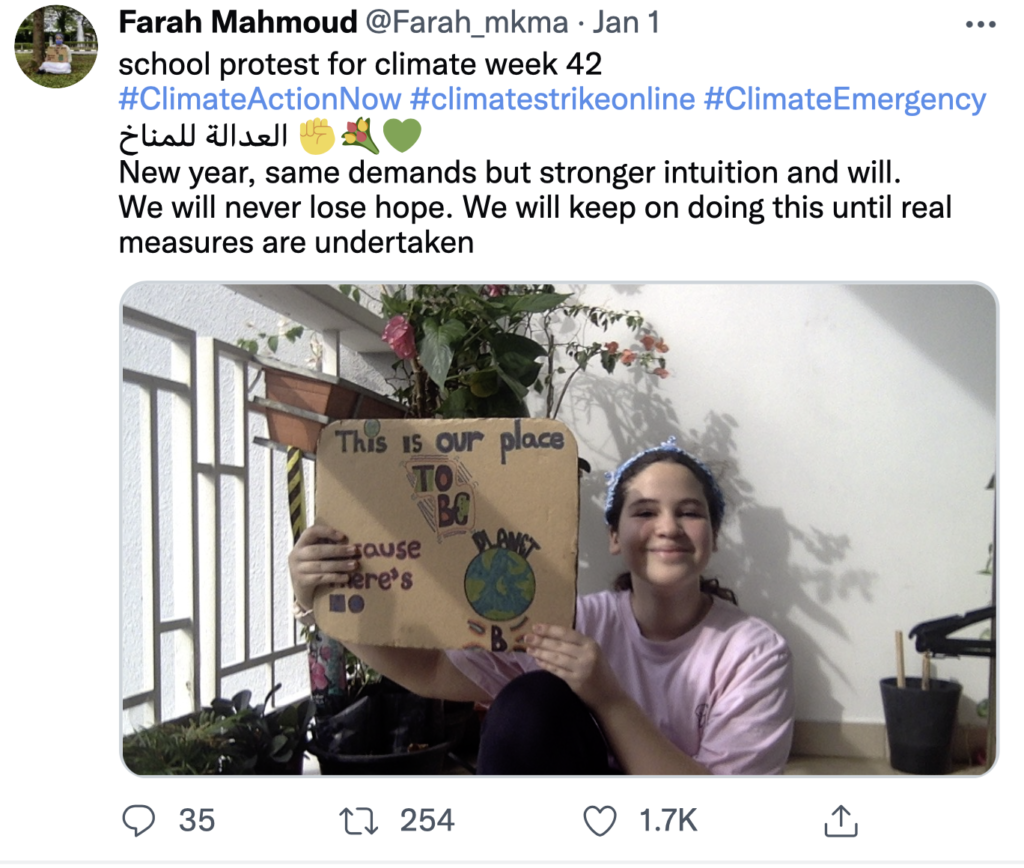
How did your activism journey start? What sparked your passion?
Farah: My activism journey started officially on March 3rd, 2020, when I organized an event with my school friends. Our event was called “Climate Carnival”- we arranged booths with plants and sustainable alternatives, started the event with a speech, and concluded it with climate chanting in our school. The following Friday was my first “Fridays For Future” protest for the climate, which was online due to the pandemic. I am now on week 86 of activism!
I hadn’t seen a protest before, but when I watched a VICE documentary about students marching on the September 2019 Global Day of Action, I became inspired to do the same. Learning about how terrible the climate crisis is and how much it affects us, I was driven to do something. I founded “Fridays For Future Malaysia” in April 2020, where I am currently the organizer.
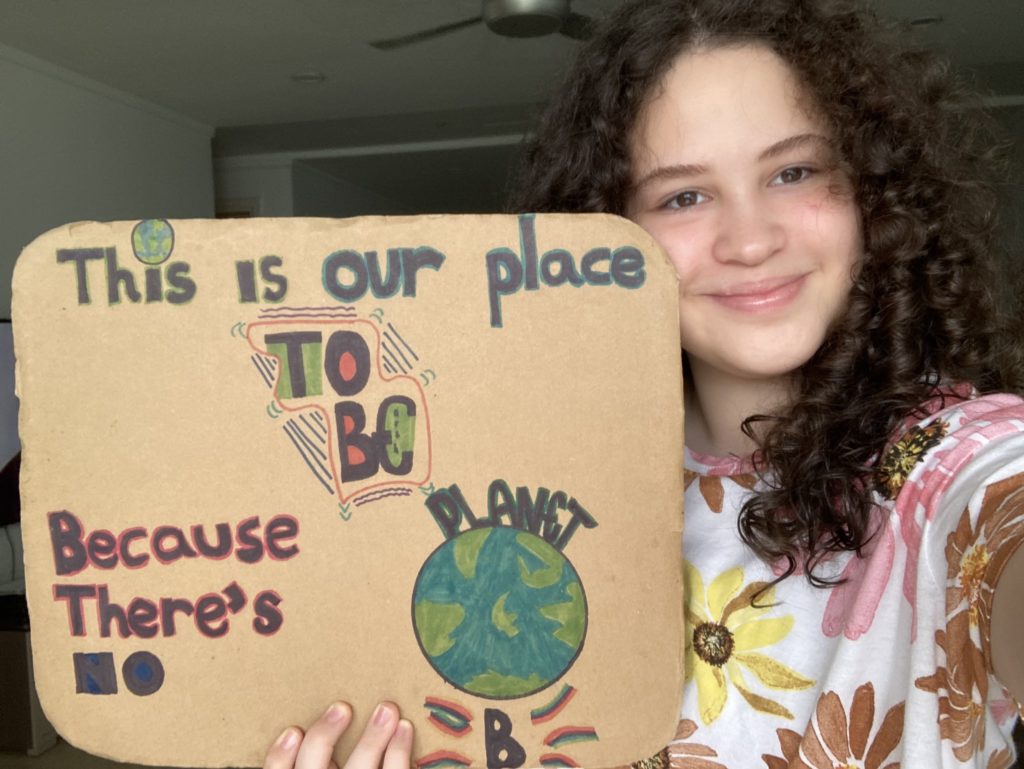
What is an initiative that you are proud of?
Farah: My most recent and first-ever workshop was in Cameron Highlands, Malaysia, with 6 to 13-year-old students. It was a big deal for me since I had to overcome my shyness to work on this project. I gave a short background speech at first in Malay and English, followed by facilitating activities. First, we recycled plastic bottles and turned them into plant holders, then we made climate posters with chants, such as “Green over Greed.” It was a lovely experience, and the children were so interested, engaged, and attentive.
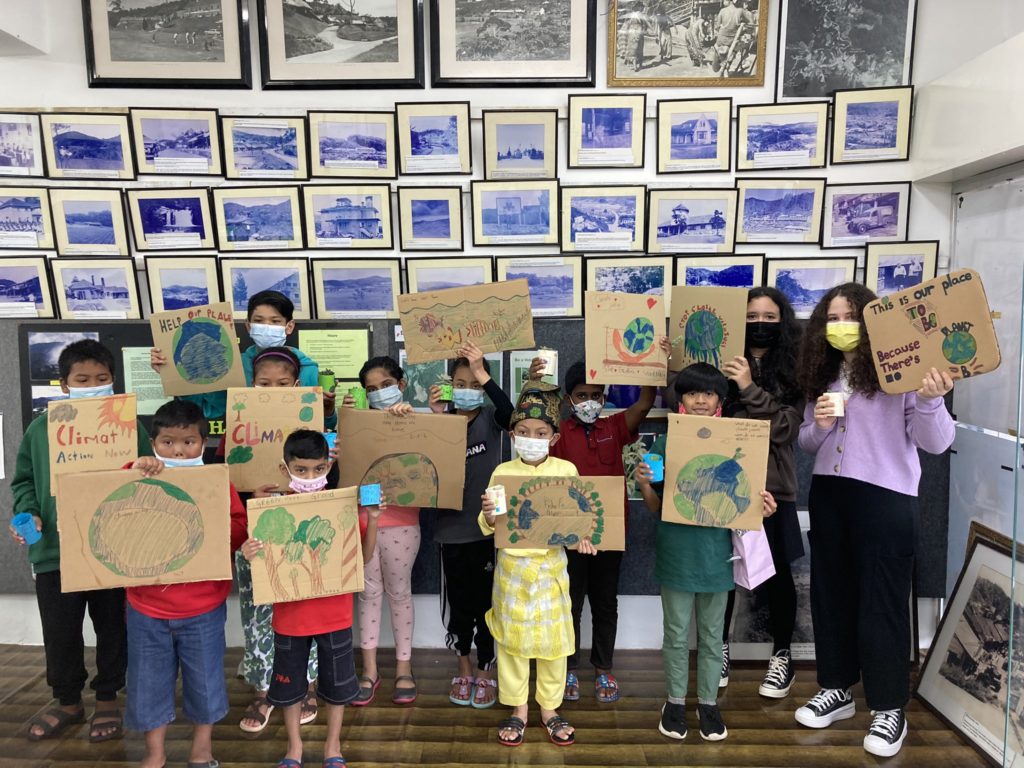
How do you practice bravery?
Farah: I always loved being in a leadership role because I have a vision for projects and value the strengths of each person are and how we can succeed as a team. I push through my nervousness with courage and then overcome it. “If you don’t fear it, then it is not courage.” I once read that in a book, and I feel like it is so true. In my activism, I will do something even if I am scared of it, but then after I had done it, I realise it isn’t as scary as I thought it was. When I am nervous, I focus on taking deep breaths.
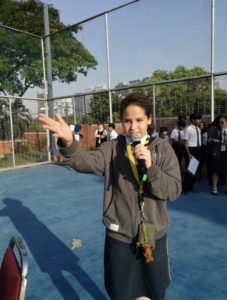
How do you take care of yourself?
Farah: I take care of myself by talking to a loved one and telling them how I am feeling, or taking a social media break, or a rest day – taking deep breaths always helps! I also practice activities that I am fond of like reading books, baking, organizing, and decorating.
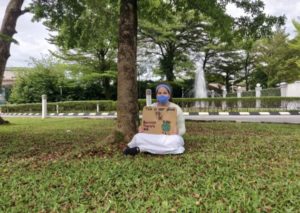
What message do you have for people interested in climate and environmental activism?
Farah: My advice is to “just do it.” You can be lost at first, but you will get where you need to be, and whilst you are headed there, enjoy the process. You can contact your local “Fridays For Future” group and get involved, start your own initiative with your friends, or be an individualist. It is totally up to you. Google will be your best friend – searching meanings of terms, like global emissions, sustainable energy, climate summits, and so on.
When I started, I barely knew anything about protests or how bad the climate crisis is and how to steer my own way – I was just simply going with the flow. But now I understand so much more, and from that, I was able to take my own decisions, and I am not as scared anymore because through activism, and of course my family’s help, I was able to find my voice.
What message do you have for world leaders?
Farah: My message is simple: As Vanessa Nakate once said, “We are in the same storm but not on the same boat.” MAPA (most affected people and areas) are suffering the most even though they contribute the least. You too will be affected if you do not act now. The excuses are over. Lead by action.




